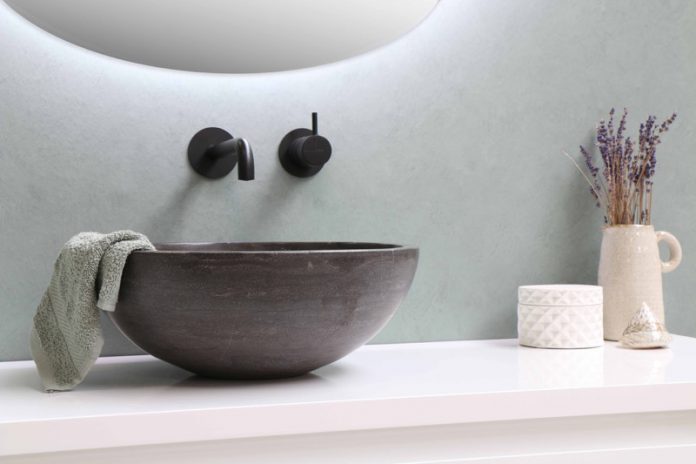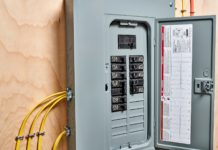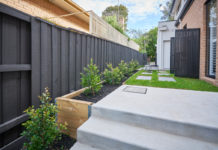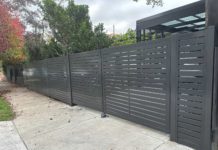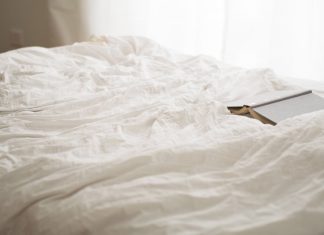Water damage is something that every The Local House Buyers about. It’s water in your home, and it can happen at any time of the year! That water can be from a storm, a broken water pipe, or even just normal wear and tear over time in your plumbing system. Most people know what water damage feels like – wet carpeting, damaged walls and floors – but not many people know how to handle water damage when it happens. Here are some tips on how to avoid water damage in your Denver home:
How to recognize water damage
If there is a puddle of water or standing water in the room, it already enough to warrant the call. Wet carpets and smells are also an indication of a problem. If you ever notice condensation on your windows near the ceiling that leads to dripping water, then this could point to a leaky roof which is problematic because eventually this will lead to rotting wood and mold as well as damaged ceilings.
Watch for any black marks in the carpet from mold due to high humidity levels or musty carpet smell when no one has been near it for some time. In general, if you feel like something just doesn’t seem right with how everything looks then this should be investigated further and not taken lightly at all.
What causes water damage in your home
Primary causes of water damage in your home include leaky pipes, overflow from sinks, toilets, and other places where water pools; appliances that have malfunctioned but are still under warranty; localized flooding after a storm.
Many homeowners don’t become aware of the problem until later when a musty smell starts to develop or mold and mildew grow on the walls. Water that gets into your basement through cracks in the foundation or warped boards can also cause a musty odor as well as an issue with dampness inside your house if it’s excessive.
How to avoid water damage in the future
Repair and replace water source shutoff valves. Eliminate as much wet or damp ground vegetation around the house that can cause seepage into the house foundation. For example, clean gutters clogged with leaves to prevent rainwater from entering the home through the roof and drop ceilings. Keep vents open in bathrooms, kitchens, and laundry in order to avoid overfilling of any contained plumbing fixtures – this will help drain excessive water away from these areas rather than allowing it to leak into walls, floors, or basements where it could cause severe damage.
If you have a sump pump or other type of water-reducing system installed in your home, make sure it’s functioning efficiently and that air is getting to it if it doesn’t work automatically.
Why you should have a professional inspect for water damage before buying a house
Water damage is hard to spot in many cases because it could be hidden behind drywall or plaster. It is important, at least for peace of mind, that you hire a professional who can find and identify the origin of water leaks within your property.
Having an inspector take a close look before you buy your new home will help catch any potential hidden issues that might affect the house later on.
How much does it cost to fix water damages and how long will it take
There are many factors that can affect the cost of an estimate, such as how severe your damage is, where it’s located in your home and how much experience professionals have. However, a competent company should be able to give you an estimate for what they’re working on without delay.
If you need them to provide an estimate with any material already on site, they may require a small deposit before they begin work. The amount of time it takes them will depend heavily on what has been done previously by professionals or another contractor to try and remedy the problem.
The cost will vary depending on a number of factors but at the basic level, you can expect to pay anywhere from $5,000 for a minor job with less than 15 square feet of water damage to upwards of $75,000 for larger jobs. This is all dependent on how large your house is and where the damages are located in your home.
Tips on how to prevent water damages at home (including where the most common sources of leaks are)
Water damage can be prevented with simple checks and doesn’t take a large amount of time or money to perform. A quick inspection every few months will not only help detect unknown water leaks but will also help stop small problems from becoming bigger ones.
The most important part of preventing water damages is keeping up on the faucet so it doesn’t leak. Look for drips under sinks, pipes that are leaking around valves or corners, and check behind the dishwasher to make sure it isn’t leaking there as well. Take caution when doing this because running water in plumbing systems is dangerous – it could lead to electric shock hazards!
